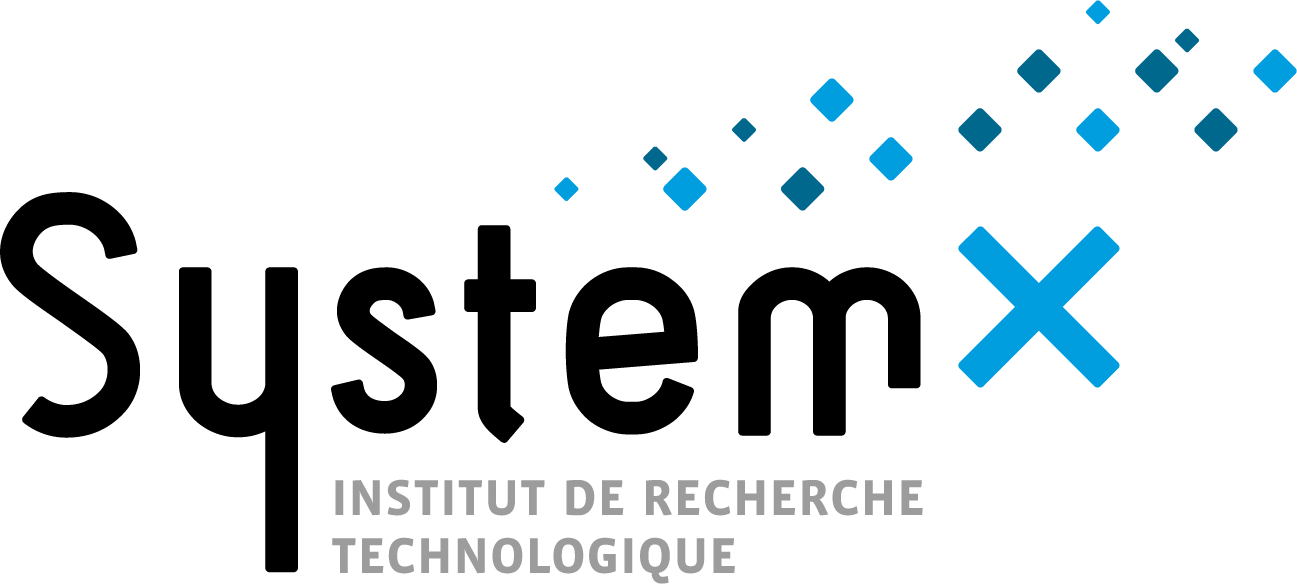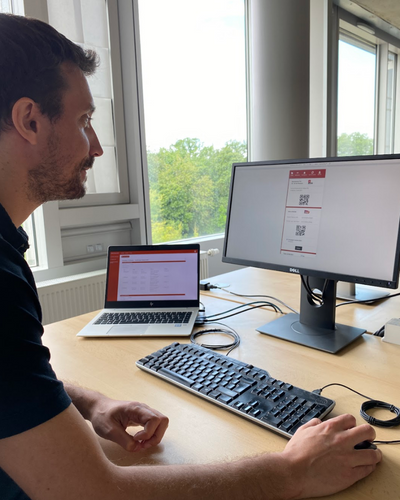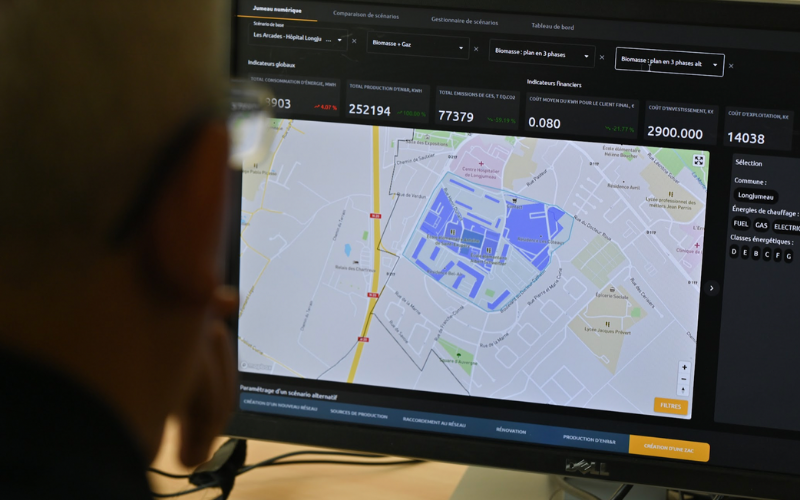In partnership with Mappy and the City of Lyon, IRT SystemX has developed a wallet to centralise all user mobility information based on blockchain technology. The aim is to accelerate the adoption of new policies by deploying targeted practical incentives.
How can we encourage and oversee the practical use of healthy mobility within a region and incite users to adopt positive behaviour? To respond to this issue, IRT SystemX and its partners have created a prototype mobile app (“Mobility Wallet”) for users, that synchronises several service providers, consolidates transport tickets and manages local tokens (i.e. digital credits in blockchain) which can be used to pay for services within a mobility marketplace. This is all driven and supervised by the Region, which defines its incentive strategy.
Change management is a considerable challenge to make practices evolve, on top of regulatory measures. These methods are based on certifying usage and targeting measures based on practice. Communities can use the portal to set up incentive campaigns or dynamic pricing.
For example, with this wallet, certain practices can be rewarded (frequent ride-sharing, travelling outside peak times, etc.) with tokens that can be reused for mobility services according to pre-established terms. Thanks to the flexibility offered by the tool and its configuration options, sponsors of the solution can take in-depth actions.
This solution has the potential to drive the operational implementation of change management by combining financial incentives and proof of use. We are studying opportunities to extend case studies beyond the field of mobility.
Yann Briand, Project Manager and Head of Future Mobilities, IRT SystemX
Focus
Digitising the nudge towards decarbonisation
Certification-incentive devices such as these are under study to meet other societal challenges. IRT SystemX teams have explored overriding principles such as social pricing that could be applied in low emission zones, for example. This approach would make it possible to include equity principles based on personal attributes (for example, recipients of the minimum wage) and to implement dynamic exemption systems.
The challenges of decarbonisation are multi-sectoral and unite institutional and economic players around common goals. The institute is studying ways of bringing together user communities and operators around common incentive programmes.
Scientific computing and optimization














